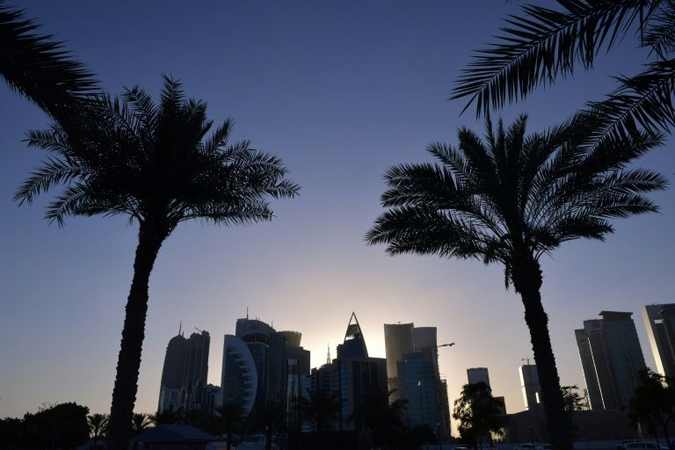Qatar crisis returns to top UN court


Saudi Arabia, Bahrain, the UAE, Egypt and several other allies severed ties with Qatar in a shock move in 2017, accusing Doha of backing terrorism and siding with their regional rival Iran.
A year later Qatar dragged the UAE to the International Court of Justice (ICJ) in The Hague, accusing Abu Dhabi of “discriminatory” behaviour including the expulsion of Qataris, and a maritime and air blockade.
The ICJ ordered the UAE in 2018 to take emergency measures to protect the rights of Qatari citizens, pending the start of the full hearings in the case which start Monday and last one week.
The hearings will be “devoted to the preliminary objections raised by the United Arab Emirates” against Qatar’s case, with the UAE speaking first on Monday at 1300 GMT, and Qatar responding on Wednesday, the ICJ said.
The hearings are taking place by video link because of the coronavirus pandemic.
The ICJ was set up in 1946 after World War II to rule in disputes between member states of the United Nations. The court’s judgments are binding, but it has no means of enforcing them.
Any final ruling in the Qatar case could take years.
‘Climate of fear’
The crisis between Qatar and the Saudi-led blockading nations shows no sign of relenting despite rising international pressure to end the feud.
The alliance has issued a raft of terms Qatar must accept before it will lift the embargo that includes a ban on direct air, land or sea trade.
Doha strongly denies the allegations and has refused to meet the demands that also stipulate the closure of its flagship state-run broadcaster Al Jazeera.
Qatar’s case at the ICJ says that the UAE’s actions breached the 1965 International Convention on the Elimination of All Forms of Racial Discrimination (CERD).
In its case, Qatar accused the UAE of creating a “climate of fear” for Qataris living there.
The ICJ ruled in its emergency measures in 2018 that the UAE “must ensure” that families with a Qatari member would be reunited if separated by the blockade.
The legal ping-pong continued when the United Arab Emirates last year filed its own case seeking emergency measures to stop Qatar “aggravating” the dispute, only to have the court reject it.
Qatar meanwhile has won several of its first legal steps.
In July the ICJ backed Qatar in a separate but related case that is specifically about the air blockade. Its rivals had appealed a decision by the world civil aviation body in favour of Qatar over sovereign airspace.
Recent Posts
- Business
Gold price drops by Rs3,300 in Pakistan as global rates decline
Gold prices in Pakistan took a hit on Friday, with the price per tola dropping…
- World
Complete shutdown in Kashmir over controversial laws and domicile rights
In occupied Kashmir, a complete shutdown took place in response to India’s controversial Waqf Amendment…
- World
Russian general killed in car bomb blast near Moscow
A powerful car bomb explosion killed Russian General-Lieutenant Yaroslav Moskalik near Moscow, authorities confirmed on…
- World
China moves to ease trade war pain with targeted tariff exemptions
China has started exempting certain U.S. goods from its steep 125% tariffs, aiming to soften…
- World
War will ruin India’s economy, warns ex-judge Katju
Former Indian Supreme Court judge Markandey Katju has warned that a war with Pakistan would…
- Lifestyle
Komal Aziz says she’s not afraid of protests or police—only marriage
Actress Komal Aziz Khan recently said she fears marriage, not police or protests. She shared…
Leave a Comment